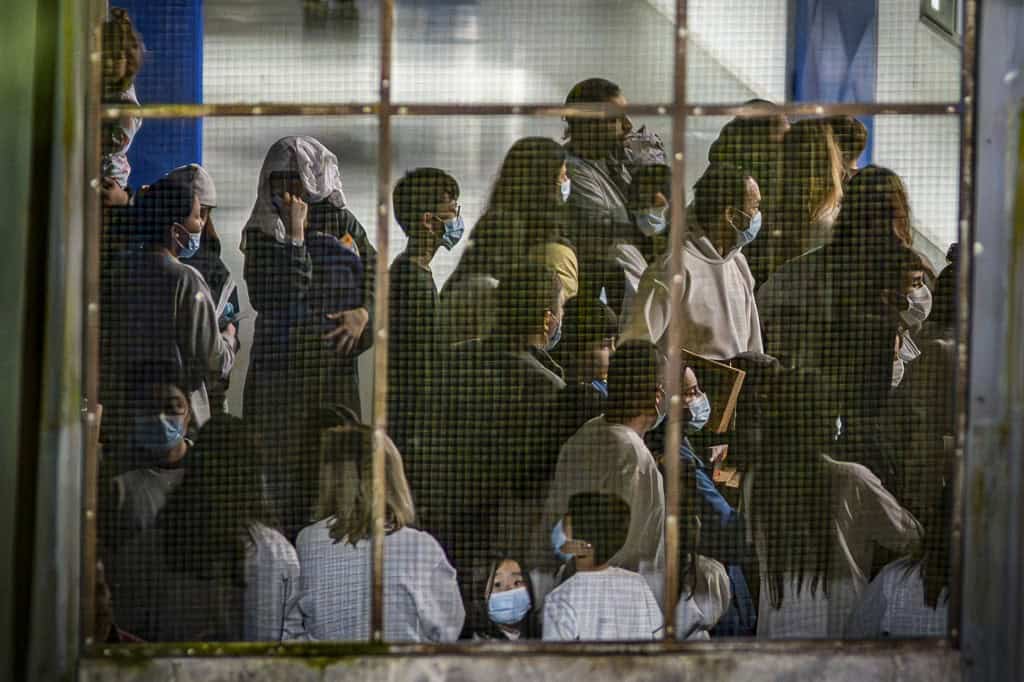A court on Tuesday ordered Costa Rican authorities to release foreign migrants who had been detained in a shelter after being deported under an agreement between the Trump administration and the government of Rodrigo Chaves, according to a ruling issued on the eve of a visit by the U.S. Secretary of Homeland Security.
Two hundred migrants from Afghanistan, Iran, Russia, and other Asian and some African countries—including 80 children—were brought here in February under the U.S.-Costa Rica agreement, which has been criticized by human rights organizations.
By partially accepting a legal appeal filed in March on behalf of the migrants, Costa Rica’s Constitutional Chamber of the Supreme Court gave immigration authorities 15 days to define the deportees’ immigration status and to release them, according to the resolution.
The migrants had been held since February in the Temporary Migrant Assistance Center (Catem), located 360 km south of San José near the Panamanian border. Following public criticism, the government allowed them to move freely outside the shelter beginning in April. Some opted for voluntary repatriation. As of now, 28 migrants remain at the Catem center, including 13 minors, according to official data.
Nonetheless, the habeas corpus petition continued its legal course and was resolved on Tuesday. The court decision is expected to serve as a precedent to avoid similar agreements in the future. The court also ordered Costa Rican authorities to determine the type of healthcare, education, housing, and general social assistance the migrants require from the state.
The resolution was published one day before the visit of U.S. Secretary of Homeland Security Kristi Noem, who will meet with President Chaves and tour the Los Lagos temporary detention center, about 15 km from San José.
In March, an Afghan woman said from behind the bars of the Catem center that she fled her country because she wanted to study and work and did not want to be forced into the company of a man just to go out. She warned that if forced to return to Afghanistan, “the Taliban will kill me.”
In addition to the deportations to Costa Rica, Trump also sent 300 deportees—mostly from Asia—to Panama and 252 Venezuelan migrants to El Salvador, accusing them, without evidence, of being members of the criminal gang Tren de Aragua. Those sent to El Salvador were imprisoned in the country’s mega-prison for gang members.






